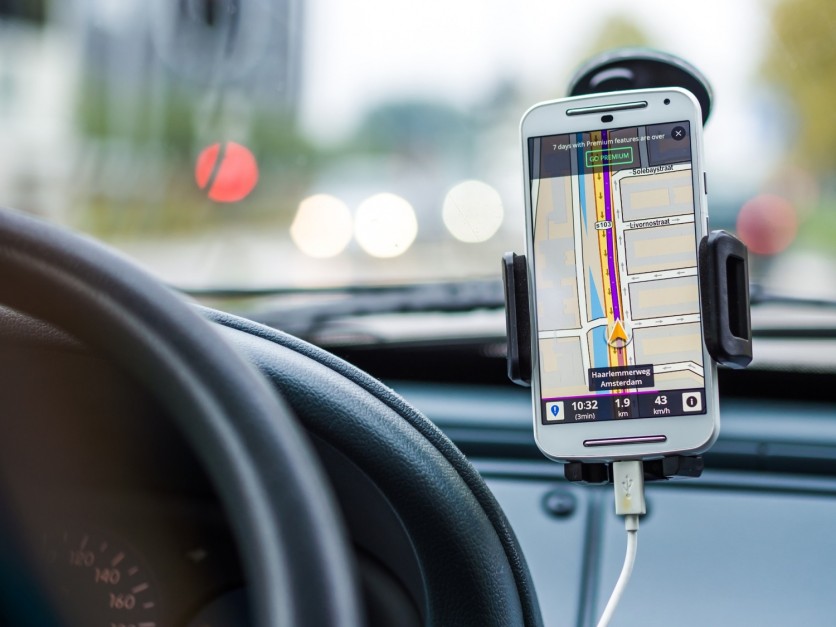
Google has been hit with a fine of over $123 million by Italy's antitrust watchdog for abuse of dominant market position.
The case related to Android Audio, a modified version of Google's mobile OS intended for in-car use.
The case also highlighted how Google restricted access to the platform to an electric car charging app, called JuicePass, made by the company Enel X Italia.
Google Blocking EV App
Android Auto lets motorists directly access a selection of relevant apps through a dash-mounted screen. But Enel X Italia's JuicePass app was not one of the third-party apps Google granted access to, according to TechCrunch.
The app is accessible through the smartphone version of the Android platform, but a driver should not be reaching for their phone when driving. So, barring access through Android Auto puts a significant blocker on relevant usage.
Also Read : Lawsuit Accusing Google Of Collecting Data Of Users During Incognito Browsing To Continue
Google's market restriction of JuicePass has drawn the attention of Italy's competition watchdog.
The Autorita' Garante della Concorrenza e del Mercato or AGCM stated that Google has violated Article 102 of the Treaty on the Functioning of the European Union, and has ordered it to make the JuicePass available through the platform.
The article also stated that Google must provide the same interoperability with Android Auto to other third party app developer, according to Reuters.
Furthermore, the authority points out that the Google Maps app, which offers some basic services for electric vehicle charging is available through Android Auto, and could incorporate directly competitive features like payments in the future.
AGCM writes in a press release announcing the sanction that according to their findings, Google did not allow Enel X Italia to develop a version of its JuicePass app compatible with Android Auto, a specific Android feature that allows apps to be used while the user is driving in compliance with safety, as well as distraction reduction.
Moreover, GCM added that JuicePass enables a wide range of services for recharging electric vehicles, ranging from finding a charging station to managing the charging session and reserving a spot at the station.
This function guarantees the availability of the infrastructure once the user reaches it.
Basically, by refusing Enel X Italia interoperability with Android Auto, Google has unfairly limited the possibilities for end users to avail themselves of the Enel X Italia app when driving, and recharging an electric vehicle.
Google has consequently favored its own Google Maps app, which runs on Android Auto and enables functional services for electric vehicle charging, currently limited to finding and getting directions to reach charging points, but which in the future could include other functionalities like reservation and payment.
Google's Appeal
Google denies any wrongdoing on the matter and stated that the company disagrees with Italy watchdog's order. But it did not confirm whether or not it intends to appeal, CGTN reported.
The tech giant claims the restrictions it places on apps' access to Android Auto are needed to ensure drivers are not distracted.
The company also said that it has been opening up the platform to more apps over time, with thousands now compatible. The intention of the company is to keep expanding availability.
Also, Google did not comment on why Enel X Italia's app for recharging electric vehicles was not among the thousands it has already granted access to. AGCM added that Enel X Italia's app has been excluded from Android Auto for more than two years now.
Related Article : Google Denies Allegations of Anticompetitive Behavior with Facebook Ad Partnership-Says Charges are 'Misleading'
This article is owned by Tech Times
Written by Sophie Webster

![Apple Watch Series 10 [GPS 42mm]](https://d.techtimes.com/en/full/453899/apple-watch-series-10-gps-42mm.jpg?w=184&h=103&f=9fb3c2ea2db928c663d1d2eadbcb3e52)


